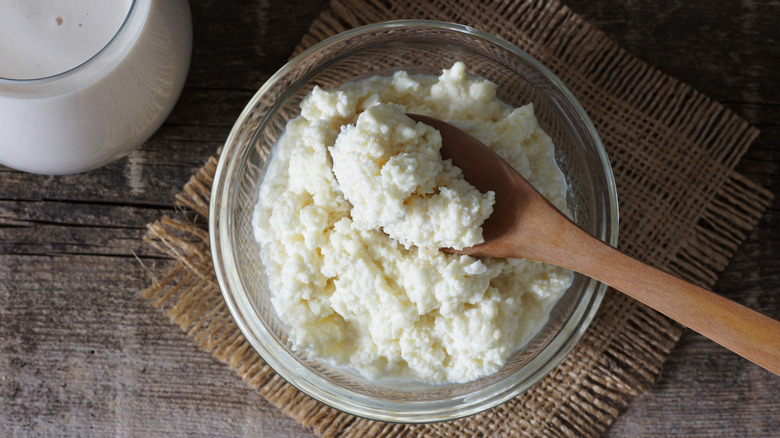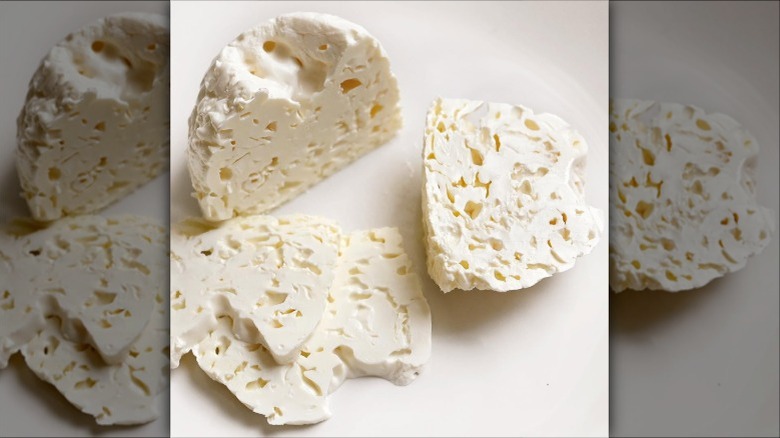The Oldest Cheese Ever Found Was Buried With Mummies In China
Long before cheese boards became an art form or mozzarella crowned every pizza, people were fermenting milk into something both clever and sustaining. The oldest known cheese ever discovered wasn't stored in a clay pot — it was found in a tomb.
In 2003, archaeologists uncovered this ancient dairy product in the Tarim Basin, a desert in Xinjiang, northwestern China. It had been buried alongside naturally mummified bodies dating back about 3,600 years to the Bronze Age. The dry conditions of the region preserved the cheese remarkably well, allowing scientists to analyze it thousands of years later.
In an October 2024 study published in the scientific journal Cell, researchers — including Dr. Qiaomei Fu, a leading paleogeneticist at the Institute of Vertebrate Paleontology and Paleoanthropology, Chinese Academy of Sciences — sequenced the cheese's DNA. What they found was extraordinary: the cheese was made with a blend of microbes similar to those used to ferment kefir today. This suggests that the people of the Tarim Basin had developed a remarkably advanced method of dairy fermentation. Without refrigeration, they were preserving milk using a mixture of lactic acid bacteria and yeast, a combination that extends the milk's shelf life.
Kefir cheese has been around for millennia
So, what exactly is kefir cheese? Think of it as a tangy, spreadable cousin of yogurt that works well in sweet and savory dishes, including on toast, in dips, or dolloped over roasted vegetables. The process begins with fresh milk and kefir grains. When left at room temperature, the mixture ferments over time, so the milk thickens and separates into curds and whey. The whey gets skimmed off, and the result is a soft cheese with a mildly sour zing.
Like kefir milk, kefir cheese is loaded with live cultures that support gut health and aid digestion. While kefir milk has gained recognition as a probiotic-rich drink, kefir cheese remains a quieter classic. It's not mass-produced like cheddar, Gouda, or other popular cheeses sold by grocery store chains in the U.S. However, you may find it at a specialty retailer. Examples include the LA-based market Shalom Produce and the online Iranian grocery store Yekta Persian Market & Kabob Counter in Rockville, Maryland.
Kefir cheese tells a story about early human adaptation. Transforming milk into stable nourishment was a practical, ingenious solution to the environment's demands of ancient people — and the fact that the legendary cheese was buried with the dead suggests it held deep significance, possibly as a sacred or symbolic food.

